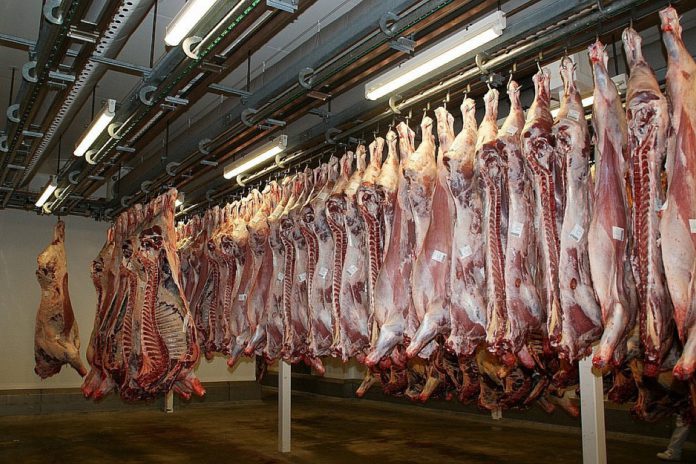Saudi Arabia lifts 30-month age limit on Irish beef
Minister Charlie McConalogue has announced improved beef access to the Kingdom of Saudi Arabia.
The minister has confirmed lifting the restriction on Irish beef exports to Saudi Arabia on meat products from cattle over 30 months at slaughter.
The minister and the Saudi Food and Drug Authority (SFDA) leadership in Riyadh agreed this in principle during a trade mission to the Gulf Region in February.
Following that meeting, department officials, with the Embassy of Ireland in Riyadh and the agricultural attaché for the Gulf Region’s support, engaged with the SFDA to finalise the necessary technical details and remove the age-related requirement from the existing export health certificate for beef.
The minister confirmed that these talks have “successfully” concluded.
He said this move is of particular importance as it comes as a direct result of the progress the DAFM made during the in-person trade mission to the Gulf region, his first in-person event.
He said he “look forwards” to pursuing further access achievements in target markets in the programme of ministerial trade missions that he has planned for the forthcoming months.
“It is my hope and ambition that this market can become an important one for beef exporters, which, in turn, will benefit the incomes of our world-class beef farmers.”
He confirmed the revised certificate and a trader notice advising industry of the new arrangements would issue shortly.
Genetic testing for early diagnosis of BRD
In other news, researchers have discovered specific genetic markers related to the immune response in cattle infected with viruses associated with bovine respiratory disease (BRD).
$2million in funding from the DAFM, DAERA and USDA is underpinning the research that Teagasc is undertaking in collaboration with the University of Missouri and the Agri-Food and Biosciences Institute (AFBI).
They are working on two projects that will determine how farmers treat BRD in the future, including:
- Genetic selection of animals;
- Early testing;
- Reducing antibiotic usage.
Read more on this.





